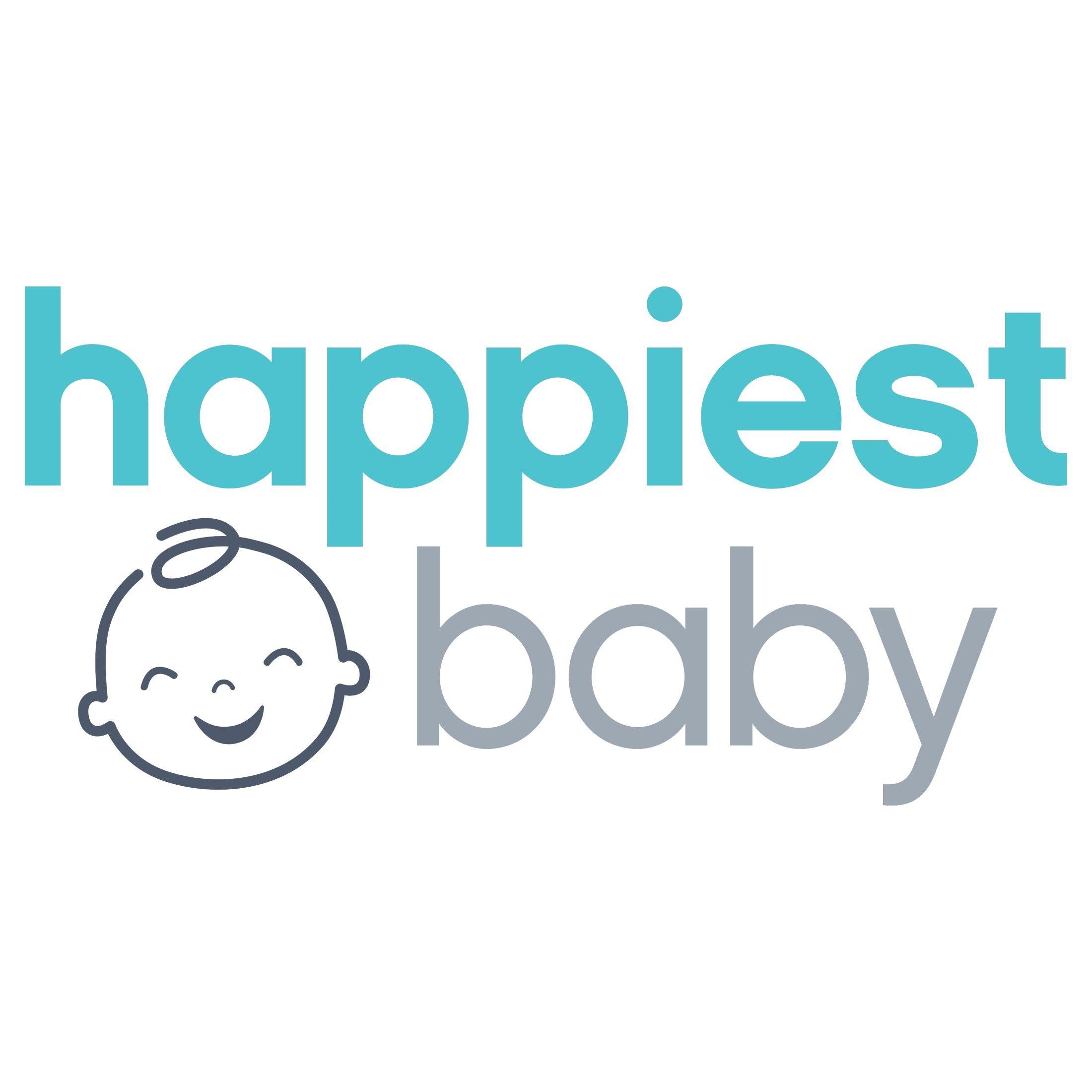BABY
Caring for Your Premature Baby at Home
Premature babies need lots of extra support. Here’s how to give it to them.

Written by
Happiest Baby Staff

SHARE THIS ARTICLE
PARENT PICKS
Bestsellers
BABY

Written by
Happiest Baby Staff

SHARE THIS ARTICLE
Bestsellers
In the UK, about 8% of all babies are born too soon, with over 60% of twins, triplets, and other multiples arriving before 37 weeks of pregnancy is complete. While your premature baby may be healthy enough to go home soon after birth, research shows that over 90,000 premature or sick babies in the UK need to spend some time in the neonatal intensive care unit (NICU), the special care nursery (SCN), or the local neonatal unit (LNU) each year before being discharged. Some premature babies remain in NICU/SCN/LNU care for weeks and others stay for months. Either way, that means there are a whole lot of premature babies out there who need extra care and attention. And, more often than not, that special care continues once you take your precious little one home. Here’s how to care for your premature baby at home.
If your baby is born before 37 weeks of pregnancy, they are considered premature. According to the March of Dimes, premature babies fall into the following categories:
While all premature babies are different, the general rule is, the earlier in pregnancy a baby is born, the more likely they are to have health problems. With that, your premature baby may experience short-term complications within the first weeks of birth, including issues with…
Again, the earlier a baby is born, the more likely they are to have long-term health problems. Some possible issues that may arise include: cerebral palsy, impaired learning, developmental delays, vision and/or hearing problems, dental issues, and/or chronic health issues, such as asthma and feeding problems. Premature infants are also at increased risk of Sudden Infant Death Syndrome (SIDS).
Snuggling your diapered-but-otherwise-naked baby to your bare chest is called kangaroo (or skin-to-skin) care and it has been used for decades in hospitals to help premature babies not only survive, but thrive. In fact, kangaroo care is considered “essential” for promoting the growth and development of premature infants. In-hospital skin-to-skin kangaroo care has been shown to stabilize Baby’s heart rate, improve breathing and oxygen saturation levels, decrease crying, increase sleep, help premature babies breastfeed and gain weight, and leave the hospital earlier. Plus, a 2020 report in the The Journal of Pediatrics shows that one hour of kangaroo care a day can significantly improve a premature infant’s neurodevelopment. And even more research found that early-and-regular kangaroo care significantly decreases Baby and Mum’s stress hormone levels and helps to mitigate postnatal depression rates. Skin-to-skin is a staple of NICU premature baby care, and it should be a staple of at-home care, too, notes to the American Academy of Pediatrics (AAP). Try to do it during bottle feeding, after a bath, or perhaps first thing in the morning to reap all the same benefits that your baby got while in the hospital.
If you are offering kangaroo care—or simply babywearing—with a baby carrier, know that premature babies should not be carried in backpacks or other carriers that hold them upright, according to the AAP. This position can potentially make it more difficult for preterm babies to breathe. If you would like to use a baby carrier with your precious premature baby, have a conversation with your paediatrician first.
While all newborns benefit from three months of extra cuddling, sound, and rocking (aka fourth trimester care), premature babies need a bit more because they missed some of their all-important third trimester. That is why it is such a good idea to allow your premature baby to spend lots of time imitating their life in the womb with the 5 S's, which includes snug swaddling, shushy white noise, and gentle swinging motion. These womb-like sensations work to activate your little one’s in-born calming reflex, which is like their “off switch” for fussing and “on switch” for sweet slumber. Even more so, a 2018 report in the Journal of Maternal-Fetal & Neonatal Medicine found that when premature infants were exposed to Happiest Baby womb-like sounds it helped reduce complications associated with a lack of oxygen and an abnormal heart rhythm. In fact, intermittent hypoxemia and bradycardia significantly declined after sound exposure, which was played intermittently in 6-hour blocks.
Because your premature baby’s immune system is still developing, they are at an elevated risk for infections. To help keep the germs at bay, implement these stay-safe strategies:
When hammering out your baby’s feeding schedule, it is important to keep in mind that most premature babies eat between eight to 10 times a day and each feed should be no more than four hours apart. (This helps prevent dehydration.) Other important feeding tips for premature babies include…
To calculate your premature baby’s adjusted age, subtract the number of weeks your baby was born early from your baby’s actual age in weeks (number of weeks since the date of birth). For example, if your baby’s actual age is 8 weeks and they were born 3 weeks early, your baby’s adjusted age is 5 weeks.
It is true: Premature babies tend to snooze more than full-term babies. (They average about 18 hours a day in the first few weeks at home.) The catch? They sleep for short periods of time. And unlike full-term babies who might sleep up to eight hours at night by 4 months, premature babies often take 6 to 8 months before clocking eight hours. Other than actual hours slept, there are some key differences between a preterm baby’s sleep and a full-term baby’s sleep. Here are some things to consider when getting your premature baby ready for night-night:
You should call your baby's health care provider ASAP if you notice any of the following symptoms:
Disclaimer: The information on our site is NOT medical advice for any specific person or condition. It is only meant as general information. If you have any medical questions and concerns about your child or yourself, please contact your health provider. Breastmilk is the best source of nutrition for babies. It is important that, in preparation for and during breastfeeding, mothers eat a healthy, balanced diet. Combined breast- and bottle-feeding in the first weeks of life may reduce the supply of a mother's breastmilk and reversing the decision not to breastfeed is difficult. If you do decide to use infant formula, you should follow instructions carefully.